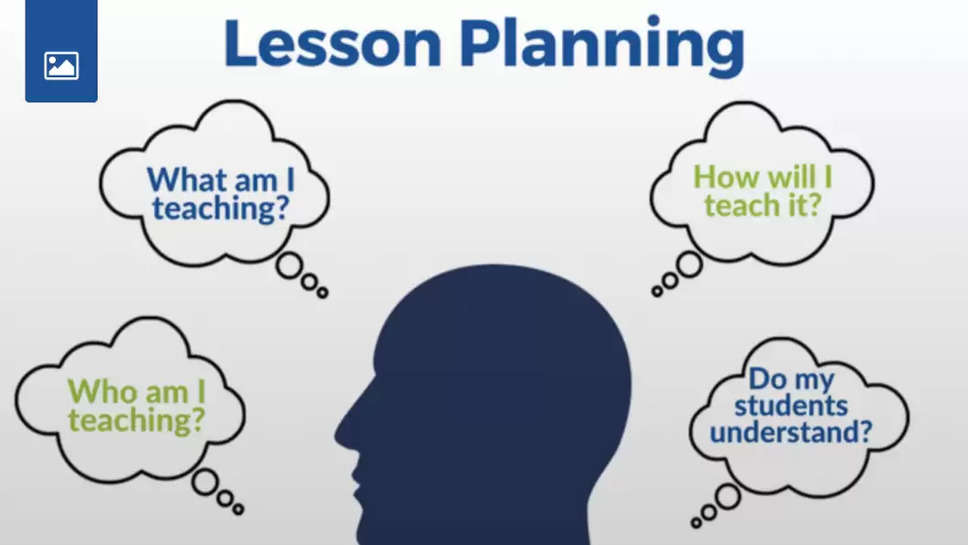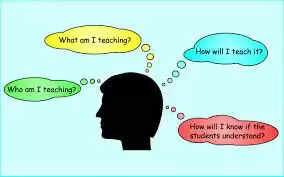Top 10 Reasons Why Having A Lesson Plan Is Important

Lesson planning is an essential aspect of effective teaching. Whether you are a seasoned educator or a new teacher just starting your career, having a well-structured lesson plan is crucial for successful classroom instruction. In this article, we will explore the top 10 reasons why having a lesson plan is important.

- Clarity of Objectives
One of the primary benefits of lesson planning is that it helps clarify your teaching objectives. By defining what you want your students to learn, you can set clear goals and expectations for both yourself and your students. This clarity ensures that your teaching remains focused and purposeful.
- Organization
Lesson plans provide a structured framework for your teaching activities. They outline the sequence of topics, activities, and assessments, helping you stay organized throughout the teaching process. This organization is particularly important in ensuring that you cover all necessary content.
- Effective Time Management
Lesson plans help you allocate your time effectively. Knowing how much time to spend on each part of the lesson prevents rushing through important concepts and ensures that you have ample time for student engagement and discussions.
- Adaptability
While lesson plans offer structure, they also allow for adaptability. Teachers can adjust their plans based on student needs and unexpected circumstances. Having a lesson plan as a foundation makes it easier to make necessary adjustments while maintaining a coherent teaching approach.
- Resource Management
Planning in advance enables you to gather all the necessary materials and resources required for your lesson. This prevents disruptions and ensures that you have everything at hand to facilitate a smooth and uninterrupted teaching experience.
- Assessment Alignment
A well-structured lesson plan ensures that your assessments align with your teaching objectives. This alignment is essential for evaluating whether your students have met the learning goals you set at the beginning of the lesson.
- Engagement and Differentiation
Lesson planning allows you to incorporate various teaching strategies and techniques to engage diverse learners. You can differentiate instruction to cater to students with different learning styles and abilities, making your lessons more inclusive.
- Reflective Practice
Reflecting on your lesson plans after teaching provides valuable insights into what worked well and what could be improved. This self-reflection is essential for professional growth and continually improving your teaching methods.
- Communication with Stakeholders
Lesson plans are useful tools for communication with other educators, parents, and administrators. They provide a clear overview of what is being taught and the expected outcomes, fostering collaboration and support from various stakeholders.
- Legal and Professional Accountability
In some educational systems and institutions, having a lesson plan is a legal requirement. Additionally, lesson plans demonstrate a teacher's commitment to professionalism and accountability, which can be valuable for career advancement and maintaining a positive reputation.
Conclusion
In the world of education, lesson planning is more than just a routine task; it is a fundamental practice that contributes significantly to effective teaching and student learning outcomes. By providing clarity, organization, and adaptability, lesson plans empower educators to create engaging, purposeful, and effective learning experiences for their students. They also serve as a testament to a teacher's commitment to their profession, demonstrating their dedication to providing quality education. Therefore, whether you are a new teacher or a seasoned educator, embracing lesson planning is a critical step toward becoming a more effective and successful teacher.

